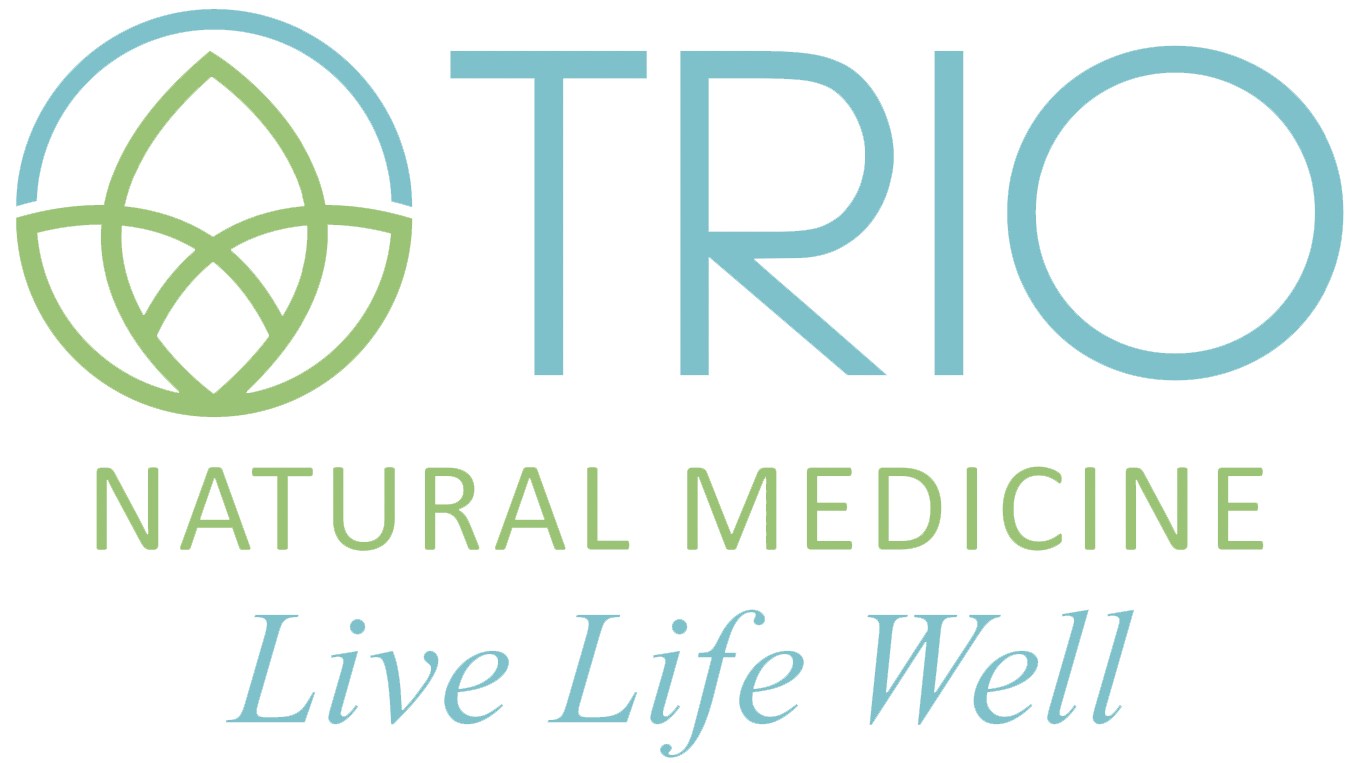October is Breast Cancer Awareness Month but as important as it is being aware of the topic, it is even more important being proactive when it comes to breast health. As Naturopathic Doctors, we believe that being proactive is all about prevention, and that means doing self breast exams, living a healthy lifestyle, and taking the right supplements and hormones when needed. There is a lot of fear and misconception surrounding hormone therapy but as Naturopathic Doctors we truly believe in the principle of Do No Harm and because of that we only recommend Bio-Identical Hormone Replacement Therapy (BHRT) to our patients.
Bio-Identical Hormones are identical in molecular structure and function to the hormones women make in their bodies and therefore the body can’t distinguish bioidentical hormones from the ones your ovaries produce. Furthermore, they are as natural as you can get when it comes to hormones since they are all made from plants. These hormones include estrogen, progesterone, and testosterone.
The North American Menopause Society has recently published their newly revised recommendations for hormone therapy (HT), and its risks and benefits. They state that “HT’s symptomatic benefits are most likely to outweigh risks when begun at age 60 or younger, or within 10 years of the onset of menopause.” Furthermore, the authors explain that “there are no data to support routine discontinuation in women aged 65 years” (The North American Menopause Society). What that means is that women post menopause can safely be on hormone therapy for 10 years or more and the longer that one is on hormone replacement therapy, the better the outcome.
As far as how hormones relate to breast cancer, there is a growing body of research that shows that hormone therapy has many benefits in both prevention and outcome. Researchers have determined that the use of hormone replacement therapy “before the diagnosis of breast cancer results in more favorable primary tumors, with a lower incidence of recurrences and a better overall survival rate” (Schuetz et al). Furthermore, “the risk of breast cancer has not been shown to be increased with estrogen therapy, and progestogens may provide additional protection for this tumor” (Gambrell). Other researchers have come to similar conclusions after years of research on the topic. One such scientific article states that, “results reveal that exogenous estrogen and progesterone potently inhibit tumorigenesis through multiple pathways and establish a foundation for strategies to prevent breast cancer” (D.J. Jerry). Although this may always be a topic of contention in the medical world, this is a pretty clear position based on a lot of scientific evidence and cannot be ignored.
According to Dr. Neal Rouzier, it is important to note that “estrogen does not cause cancer to occur; however, once breast cancer develops, estrogen can stimulate its growth as the tumor becomes estrogen-sensitive” so it is important to be aware of this distinction when using hormone therapy.
More and more research has come out shining a light on the positive outcomes of BHRT and breast cancer. Knowing all the facts allows us to make informed decisions about our health, especially when it comes to the very sensitive topic of breast cancer. Understanding the scientific research regarding bio-identical hormone therapy and it’s safety in breast cancer risk should eliminate the fear surrounding hormones and cancer and provide peace of mind to women currently on or planning to start bio-identical hormone therapy.
Sources:
Gambrell RD., Jr The menopause: benefits and risks of estrogen-progestogen replacement therapy. Fertil Steril. 1982;37:457–474.
Jerry DJ. Roles for estrogen and progesterone in breast cancer prevention. Breast Cancer Research. 2007;9(2):102. doi:10.1186/bcr1659.
Rouzier N. Estrogen and Breast Cancer: Women suffer from estrogen deprivation due to a medical community that disregards a safe alternative. www.worldlinkmedical.com.
Schuetz F, Diel IJ, Pueschel M, von Holst T, Solomayer EF, Lange S, Sinn P, Bastert G, Sohn C. Reduced incidence of distant metastases and lower mortality in 1072 patients with breast cancer with a history of hormone replacement therapy. Am J Obstet Gynecol. 2007 Apr; 196(4): 342.e1–342.e9. doi: 10.1016/j.ajog.2006.10.901.
The North American Menopause Society. Position Statement. The 2017 hormone therapy position statement of The North American Menopause Society. Menopause: The Journal of The North American Menopause Society. Vol. 24, No. 7, pp. 728-753. DOI: 10.1097/GME.0000000000000921.

